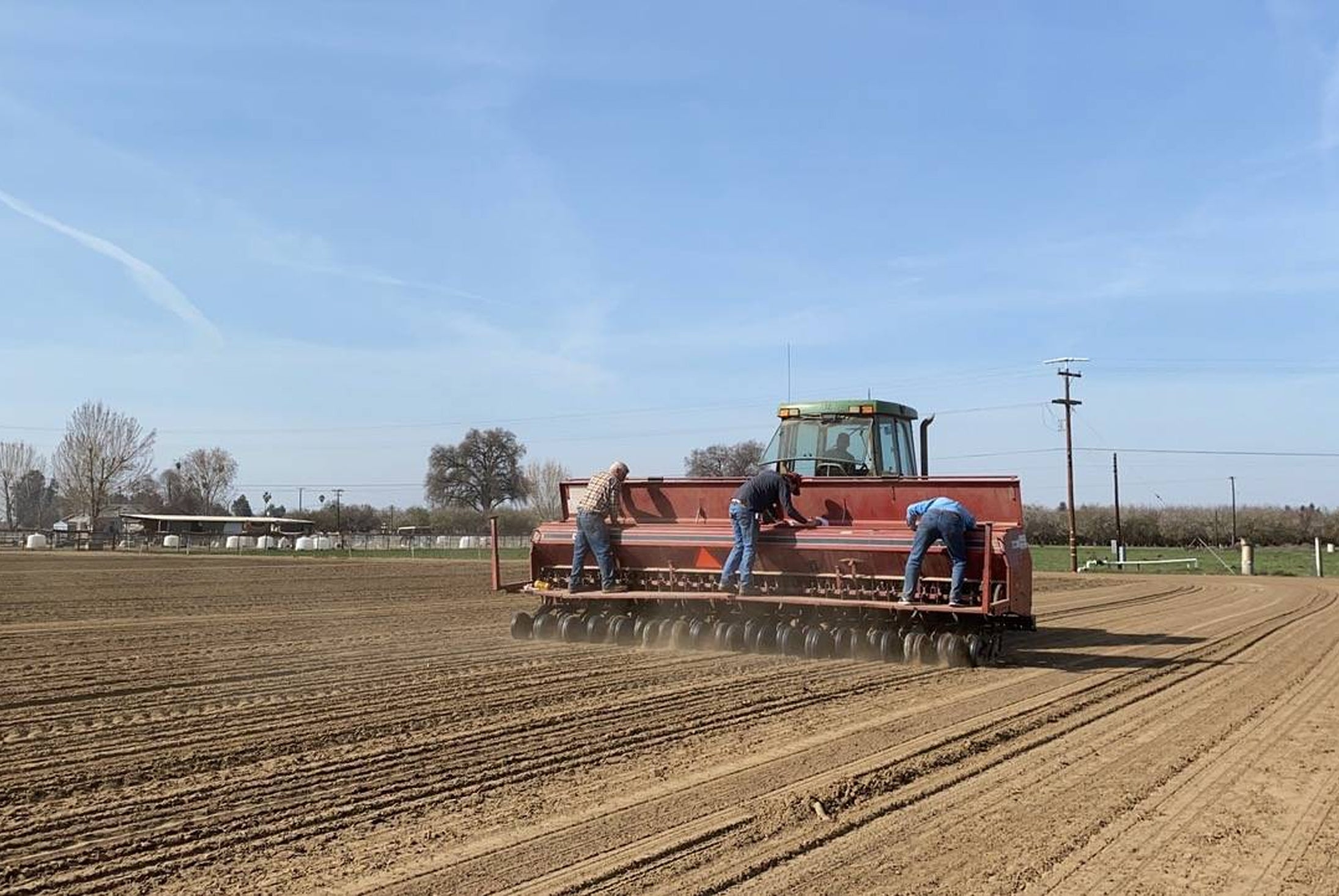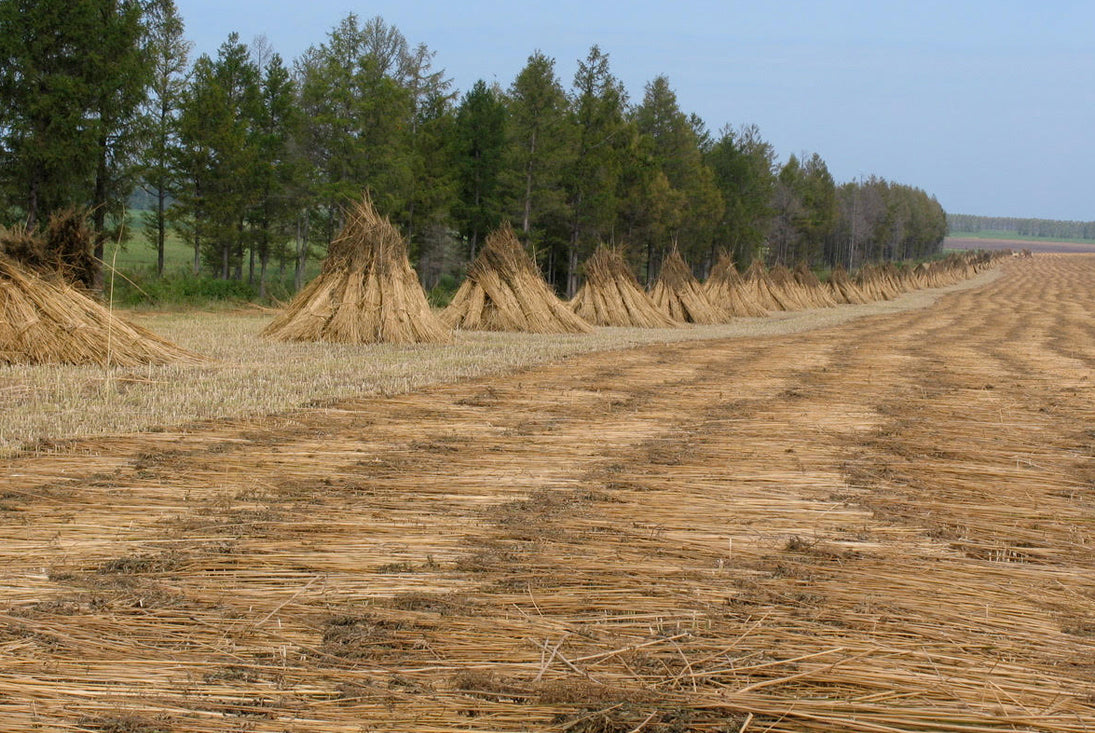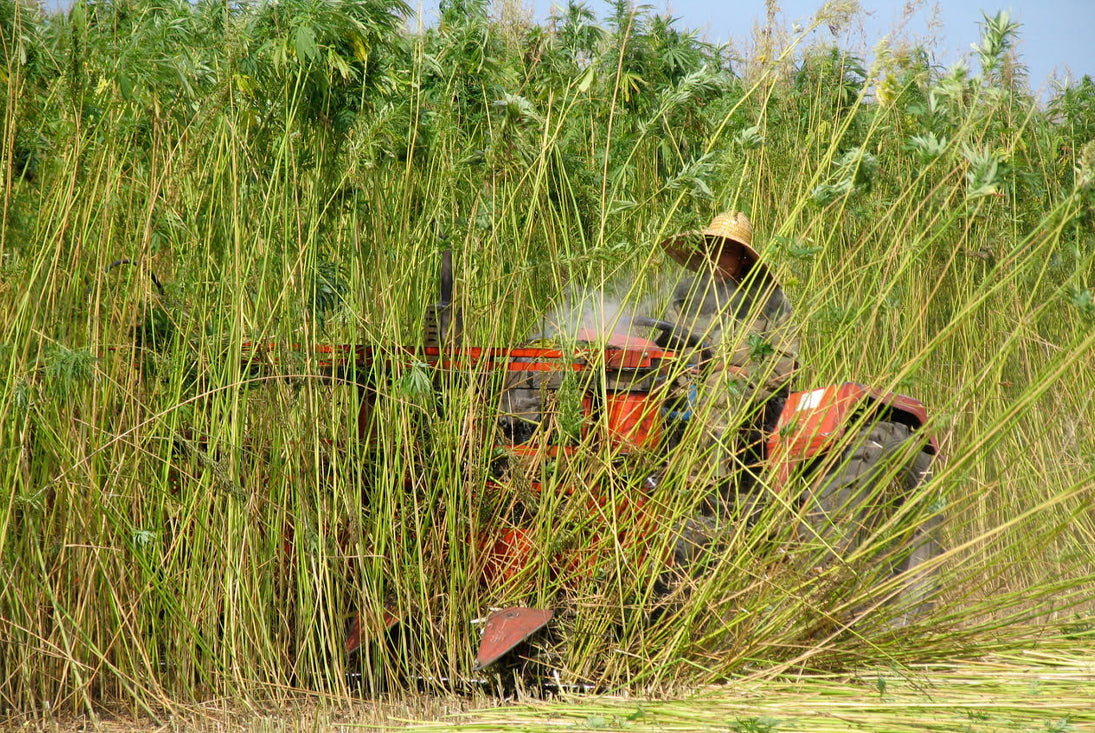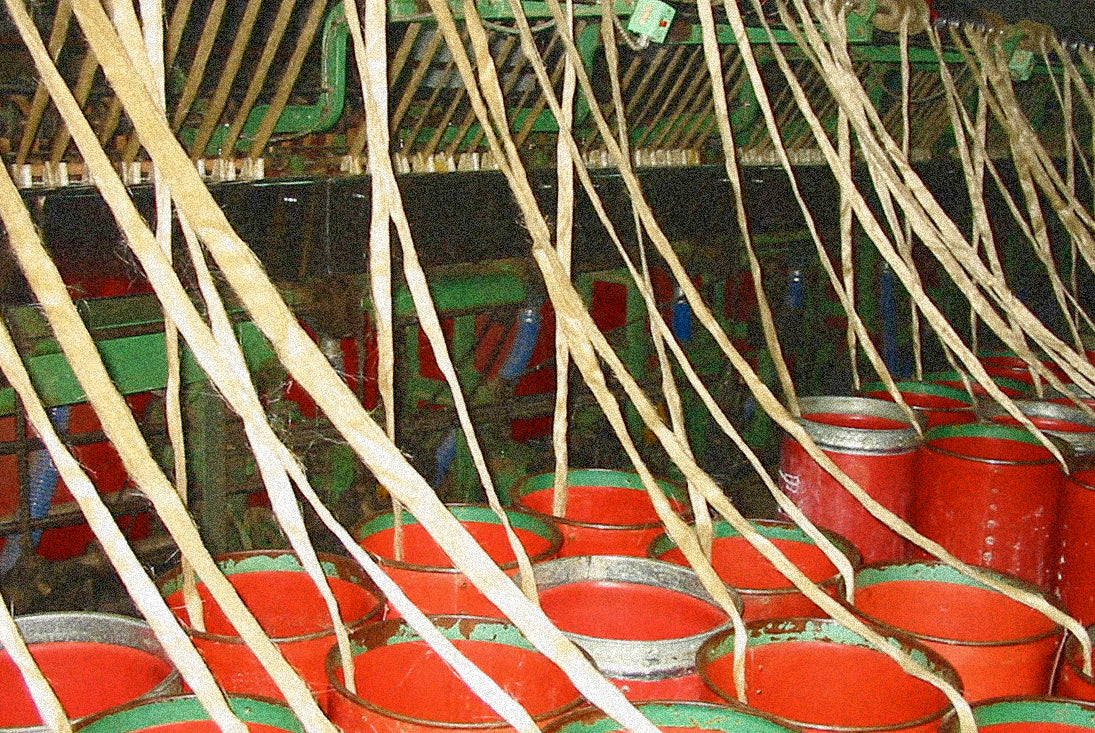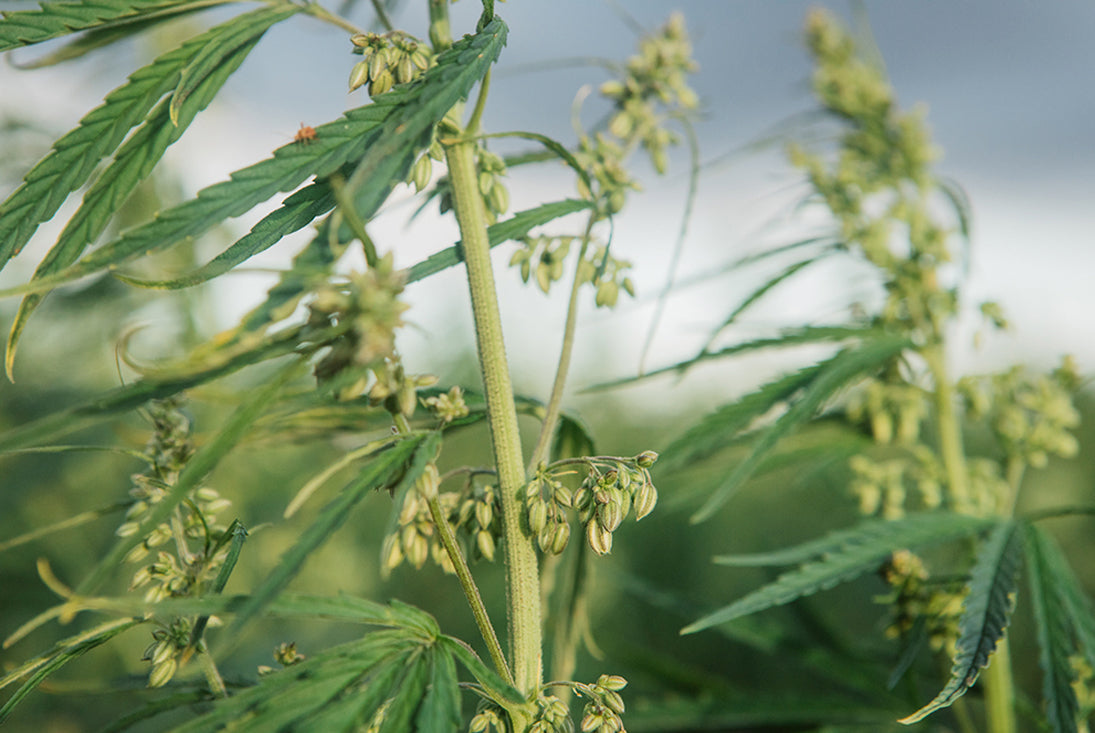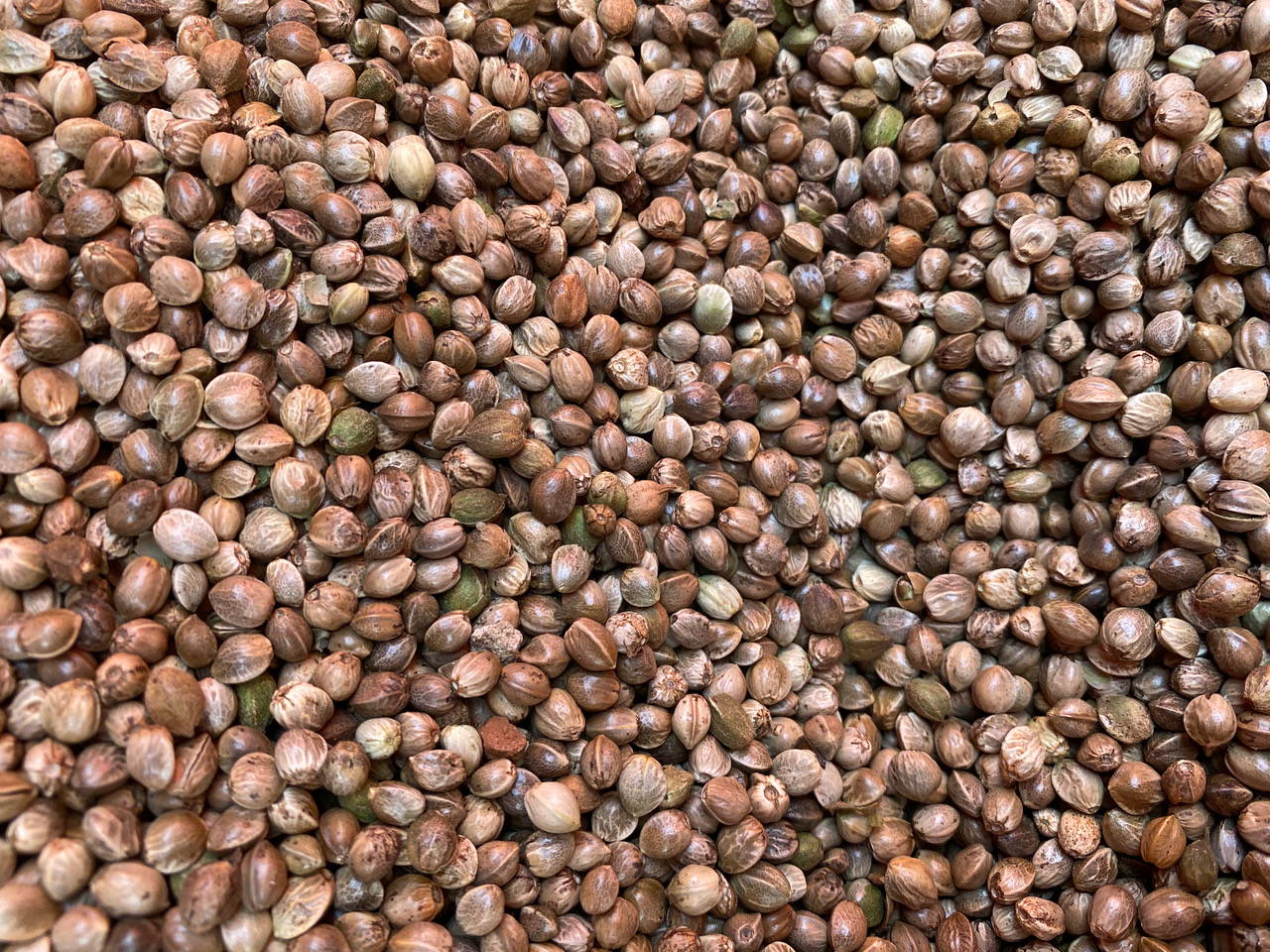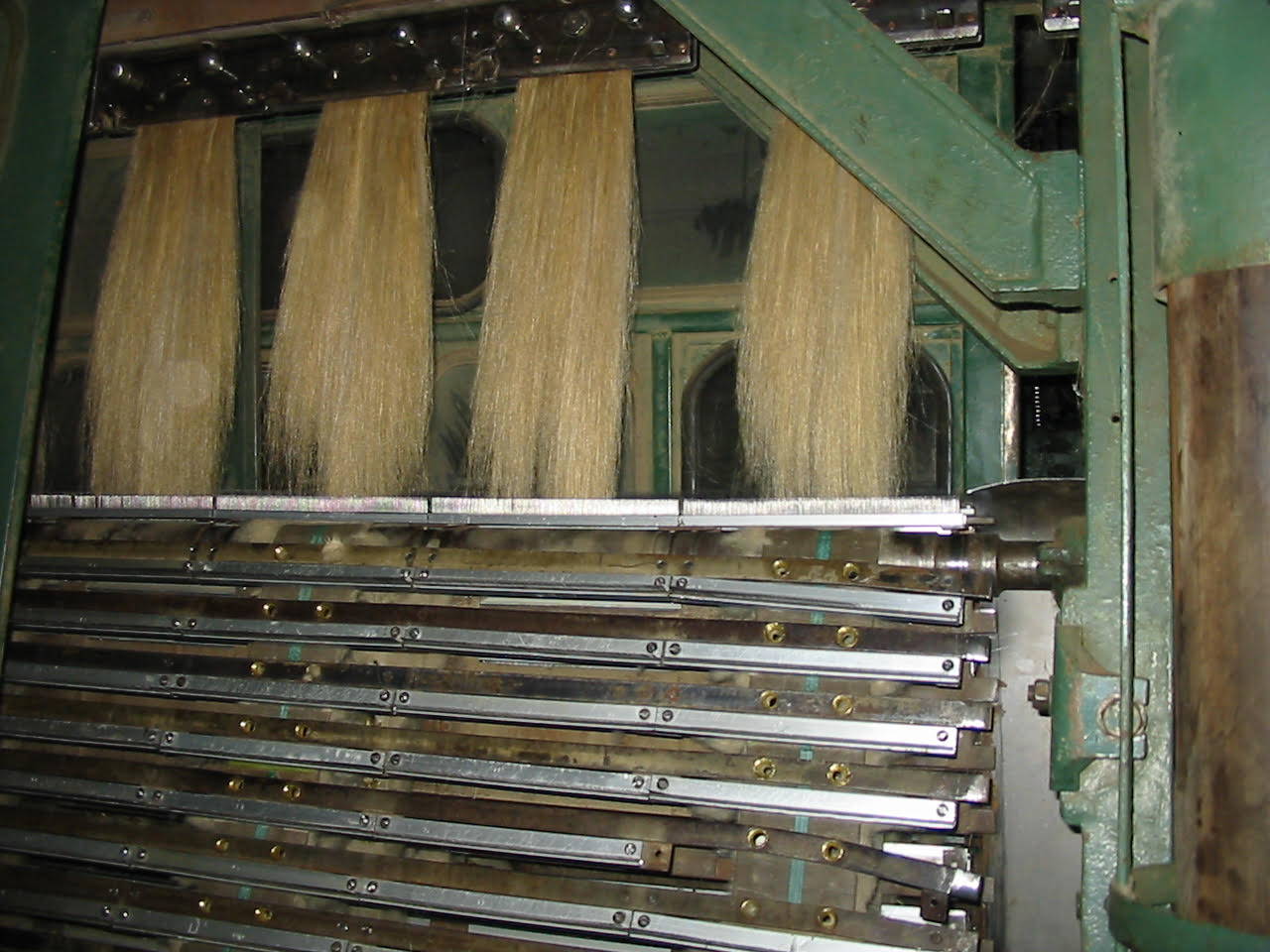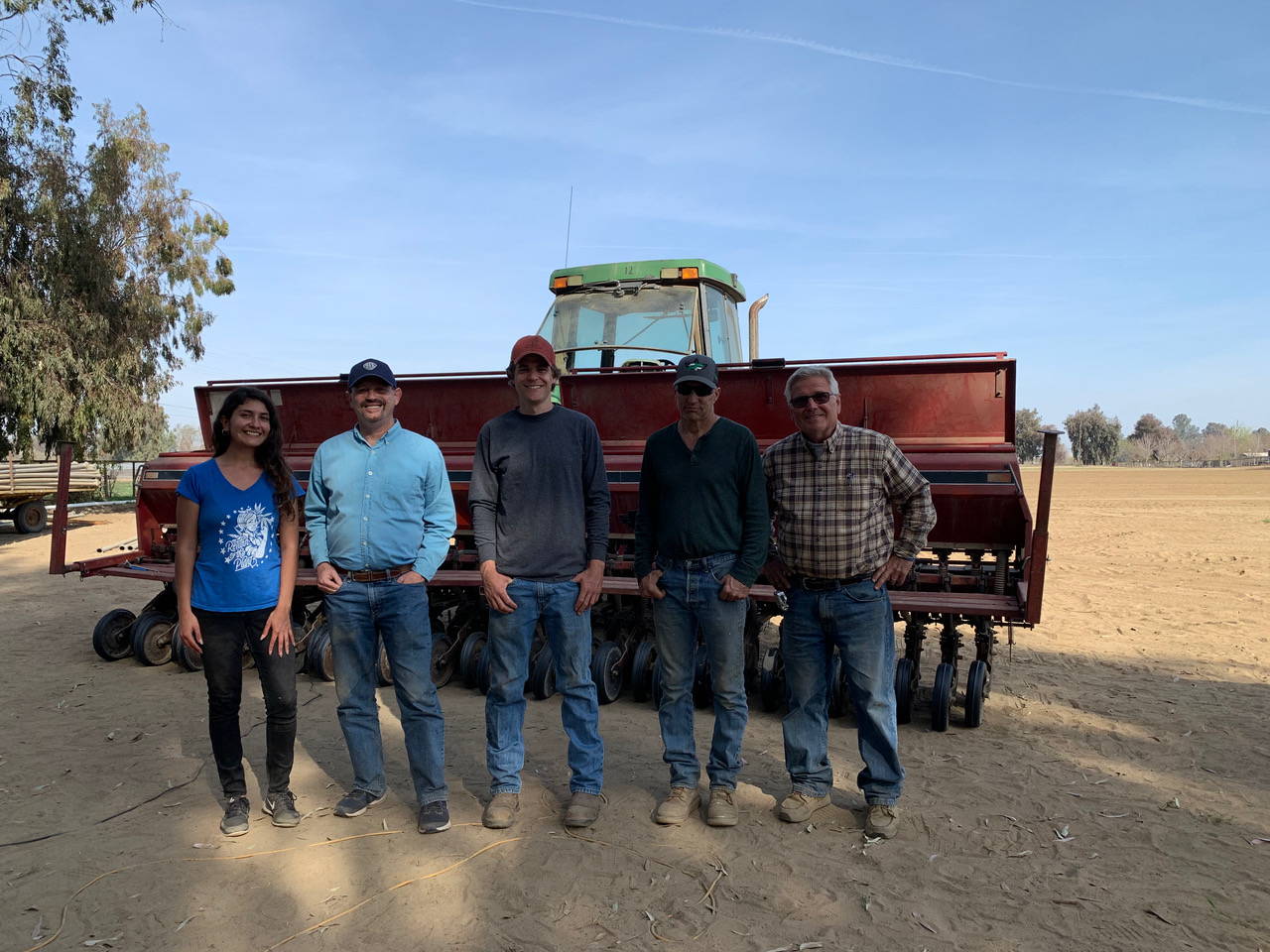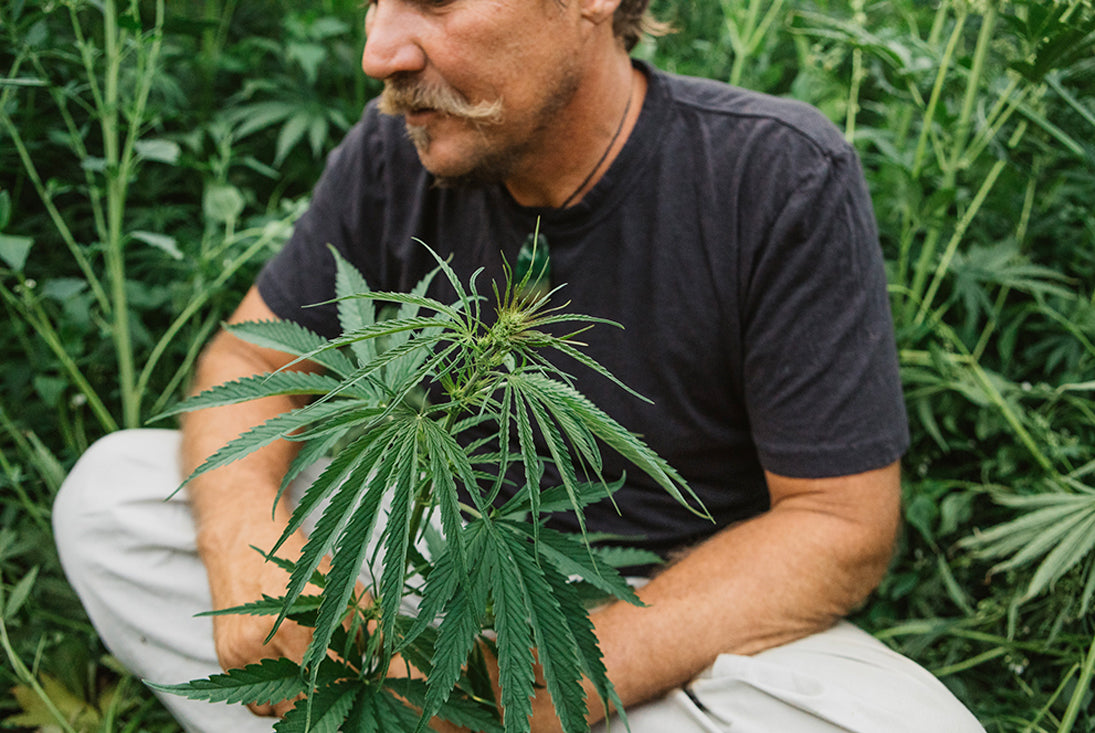Grow Hemp.
Heal the planet
It's all about carbon capture technology this decade and industrial hemp just might be the most practical and useful "Carbon Sink" we have at our disposal. For example, one hectare of industrial hemp absorbs over 24 tons of CO2 and makes approximately 7,500 Jung Tees. As we work together to address climate change let's remember to look to Mother Nature for the solutions already available to us. There are many benefits of hemp, but here are a few key ones:

